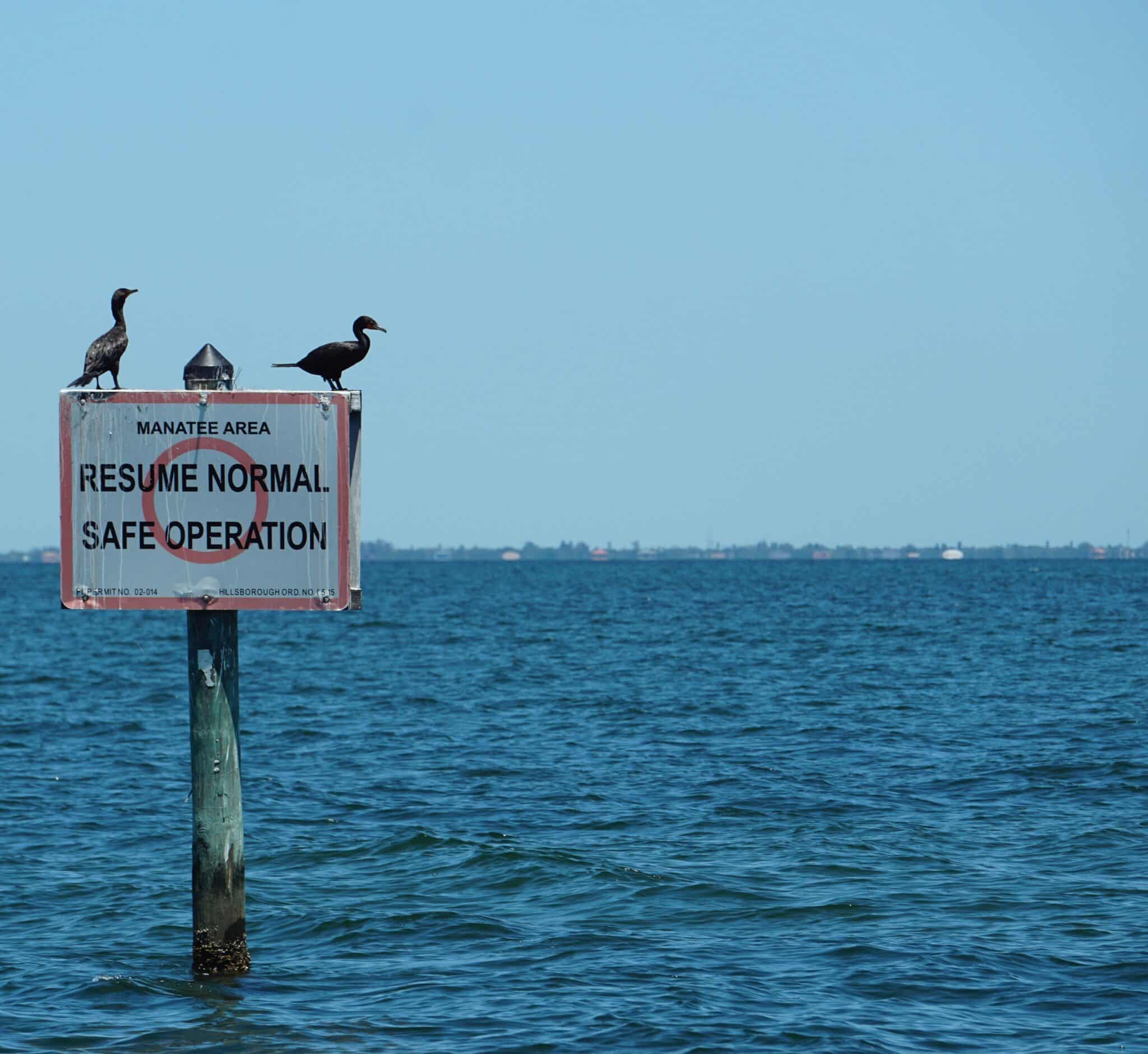The notification arrives in your inbox, or maybe a postcard slips through your mail slot. The words jump out: “License Renewal Due.” A familiar knot of anxiety might tighten in your stomach.
For many pharmacy professionals, this notification can trigger a familiar wave of anxiety. The thought of scrambling for continuing pharmacy education (CPE) credits, navigating complex paperwork, and the looming fear of missing the deadline can add unnecessary stress to an already demanding profession.
The frantic search for acceptable CPE, the rushed completion of renewal applications, the nagging worry of potential practice disruptions – this last-minute stress is not only unpleasant but can also lead to errors, missed opportunities for valuable learning, and even potential disciplinary actions.
Thankfully, this cycle of stress is entirely avoidable. With a proactive and well-organized approach, you can transform renewal from a source of anxiety into a manageable and even seamless process.
This article will give you strategies to avoid last-minute stress when renewing your license. By implementing these tips, you can stay ahead of the game, maintain your professional standing, and continue to provide exceptional care without the added pressure of a last-minute scramble.
1. Master Your State Board of Pharmacy Regulations:
The cornerstone of a stress-free pharmacy license renewal is a thorough understanding of your specific State Board of Pharmacy’s rules and regulations. Don’t rely on general knowledge or past experiences, as requirements can change.
- Navigate the Official State Board Website: The official website of your State Board of Pharmacy is your primary and most reliable resource. Familiarize yourself with its layout and locate the sections dedicated to licensure and renewal.
- Pinpoint Key Renewal Information: Carefully review the following critical details specific to pharmacy professionals:
- Renewal Deadline: This is the absolute last date your renewal application and all supporting documents must be received by the Board. Mark this date prominently on your personal and professional calendars.
- CPE Reporting Period: Understand the specific timeframe during which your required CPE hours must be earned and reported. Note if this period aligns with the license validity period.
- Required CPE Hours and Types: Pay close attention to the total number of CPE hours required, the specific categories or topics that are mandated (e.g., pharmacy law, patient safety), and any limitations on the format of CPE (e.g., live vs. home study). Be aware of any requirements for specific accreditation bodies like the ACPE (Accreditation Council for Pharmacy Education).
- Specific Documentation: Identify any specific documents beyond CPE certificates that you may need to submit, such as professional liability insurance verification or background check updates.
- Early Renewal Options and Late Penalties: Determine if your Board offers incentives for early renewal or imposes penalties for late submissions. Understanding these timelines can save you money and stress.
- Subscribe to Board Communications: Many State Boards offer email lists or newsletters to keep licensees informed of important updates, rule changes, and renewal reminders. Subscribe to these communications to stay informed proactively.
2. Strategize and Track Your Continuing Pharmacy Education (CPE):
For pharmacy professionals, CPE is not just a requirement; it’s an ongoing commitment to patient safety and professional excellence. Procrastinating on CPE is a major driver of last-minute renewal stress.
- Develop a CPE Plan: Don’t wait until the eleventh hour to scramble for credits. Early in your renewal period, assess your CPE needs based on Board requirements and your professional development goals. Identify areas where you want to enhance your knowledge and skills.
- Utilize Reputable CPE Providers: Focus on ACPE-accredited providers to ensure the quality and acceptance of your CPE credits. freeCE offers a wide array of relevant and convenient CPE activities for pharmacy professionals.
- Diversify Your CPE Activities: Explore various CPE formats, including live webinars, on-demand modules, monographs, and podcasts.
- Maintain Meticulous CPE Records: This is crucial. For every CPE activity you complete, keep a detailed record that includes:
- Date of completion
- Title of the activity
- Name of the ACPE-accredited provider
- ACPE Universal Activity Number (UAN)
- Number of CPE credits earned
- Certificate of completion (store these securely, digitally and ideally as a hard copy as well)
- Track Your Progress Regularly: Periodically review your CPE records to ensure you are on track to meet your required hours and specific topic mandates well before the deadline.
- Prioritize Mandated Topics: Ensure you complete any CPE activities specifically required by your State Board (e.g., pharmacy law updates) early in your renewal period to avoid a last-minute rush to find suitable programs.
3. Establish a Pharmacy License Renewal Documentation Hub:
Given the specific documentation often required for pharmacy license renewal, a well-organized system is essential.
- Create Dedicated Files (Digital and Physical): Designate specific folders on your computer and/or physical file folders exclusively for pharmacy license renewal documents.
- Gather and Organize Key Pharmacy-Specific Documents: This may include:
- Your current pharmacy license.
- All CPE certificates of completion, clearly labeled with the UAN.
- Records of any specialized certifications (e.g., immunizer certification) if required by your Board.
- Verification of professional liability insurance (if mandated).
- Copies of any background check documentation if renewal requires an update.
- Renewal application forms (downloaded from the Board website).
- Payment confirmation for renewal fees.
- Any other documents specifically requested by your State Board of Pharmacy.
- Implement a Consistent Naming Convention: For digital files, use a clear and consistent naming convention (e.g., “CPE_ProviderName_ActivityTitle_Date”).
- Regularly Update Your Contact Information with the Board: Ensure your current mailing address, phone number, and email address are on file with your State Board of Pharmacy. This prevents missed important communications regarding your license.
4. Initiate the Pharmacy License Renewal Application Well in Advance:
Don’t wait until the final weeks to start filling out your renewal application. Early action is key to minimizing stress.
- Access the Application Early: Download the renewal application forms from your State Board’s website as soon as they become available. If the process is online, familiarize yourself with the portal well in advance.
- Gather Required Information Proactively: Many pharmacy renewal applications require detailed professional information. Gather this information ahead of time to avoid delays.
- Review Instructions Carefully: Thoroughly read all instructions provided with the renewal application. Pay close attention to specific requirements for completion and submission.
- Complete Sections Gradually: If the application is lengthy, break it down into smaller sections and complete them over several days or weeks.
5. Understand the Specific Submission Procedures for Pharmacy Licenses:
Pharmacy license renewal often involves specific submission methods. Be sure you are clear on the required process.
- Online Renewal Portals: Many State Boards now utilize online portals for pharmacy license renewal. Create an account well in advance, familiarize yourself with the system, and understand how to upload CPE documentation and submit your application electronically.
- Mail-in Submissions: If mail-in submissions are required or permitted, confirm the correct mailing address and any specific formatting requirements. Consider using certified mail with return receipt requested for proof of timely submission.
- Electronic CPE Submission: Some State Boards have direct electronic reporting of CPE credits from ACPE-accredited providers. Understand if this is required or an option in your state and ensure your CPE providers are reporting your credits correctly.
- Payment Methods and Deadlines: Understand the accepted methods of payment for renewal fees (online payment, check, money order) and ensure you have the necessary funds available well before the deadline.
6. Conduct a Meticulous Review Before Submitting Your Pharmacy License Renewal:
Given the critical nature of your pharmacy license, accuracy is vital.
- Verify All Personal and Professional Information: Double-check your name, license number, contact information, and employment details for accuracy.
- Confirm All CPE Requirements Are Met and Documented: Ensure you have met the required number of total CPE hours and all specific category requirements. Verify that all UANs and completion dates are accurately entered.
- Ensure All Required Attachments Are Included: Review the application checklist and ensure all necessary supporting documents (e.g., CPE certificates, insurance verification) are included.
- Proofread Carefully: Review the entire application for any typos or errors before submitting.
- Retain Copies of Everything: Once you have submitted your renewal, keep copies of the completed application, all supporting documents, and any confirmation receipts for your records.
7. Don’t Hesitate to Contact Your State Board of Pharmacy:
If you have any questions or encounter any difficulties during the pharmacy license renewal process, don’t hesitate to reach out to your State Board of Pharmacy for clarification. They are the ultimate authority on licensing regulations in your state.
- Utilize Board Contact Information: Find the appropriate contact information (phone number, email address) on the Board’s website.
- Be Specific with Your Questions: When contacting the Board, be clear and concise in your questions to ensure you receive accurate and helpful information.
- Document Your Communications: Keep a record of any communication with the Board, including the date, time, and the name of the person you spoke with.
8. Reflect and Refine Your Renewal Process Each Cycle:
After successfully renewing your pharmacy license, take a moment to evaluate your process.
- Identify What Worked Well: Note the strategies that helped you stay organized and avoid stress.
- Pinpoint Areas for Improvement: Consider any challenges you faced and how you can make the process even smoother for your next renewal.
- Adjust Your System Accordingly: Make any necessary adjustments to your CPE planning, documentation system, or reminder schedule based on your experiences.
Final Thoughts
Renewing your pharmacy license doesn’t have to be a source of stress. By understanding the specific regulations of your State Board of Pharmacy, proactively managing your CPE, maintaining organized documentation, and starting the renewal process early, you can navigate this essential task with confidence and ease.
Embrace these pharmacy-focused strategies, and you’ll find that license renewal becomes a routine aspect of your professional practice, allowing you to focus on your commitment to providing high-quality care without the added burden of last-minute anxiety. Remember, proactive planning is the key to a stress-free and successful pharmacy license renewal.






